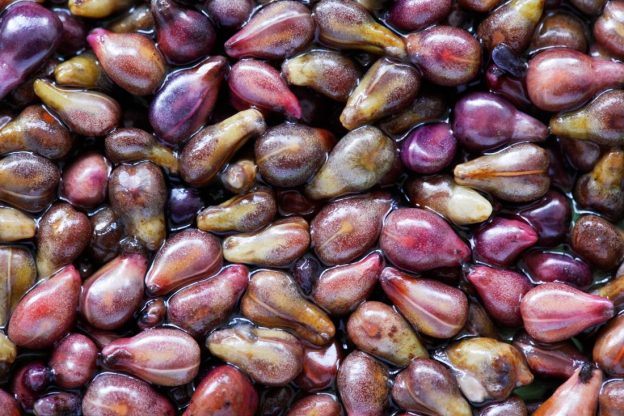New research published by a Dutch University named Maastricht says that consuming grape seed extract on a regular and consistent basis can help those that struggle with calorie control lose a lot more fat than they would have been able to otherwise – managing their weight loss and keeping fat off their bodies even if their caloric intake is higher than it should be.
The Dutch research team conducted this study over a number of years, first publishing an article on the subject almost 8 years previously but recently revisiting their research to confirm that their initial conclusions were accurate.

For a long time now, grape seed extract has been seen as a very important and very exciting ingredient in the world of health and nutrition.
A number of clinical studies have conclusively proven that it improves overall blood circulation levels, reduces potential instances of prostate cancer, and also has the added benefit of protecting people from skin cancer. A number of in vitro studies has also shown that this ingredient, grape seed extract, has the ability to sabotage the transformation of testosterone into the compound estradiol through the naturally produced enzyme aromatase – something that has helped scientists better understand and navigate the world of in vitro procedures.
Dutch researchers working on this study and revisiting the eight-year-old paper they published conducted a number of new test tube protocols to see if grape seed extract was really able to stimulate lipolysis. Lipolysis is the natural process the body goes through to release specific fatty acids into the bloodstream – flooding your body with energy as your fat stores are released and consumed.
These researchers wanted to know whether or not grape seed extract could work to actively suppress your appetite through this process, and they conducted a research experiment with 51 participants that were between the ages of 18 and 65.
In the early stages of the research project, each individual test subject was encouraged to eat just as much of anything and everything they wanted during a three day block of time at the Dutch laboratory. Anywhere between 30 minutes and 60 minutes before all of their “main meals” they were given a supplement that had 100 mg of grape seed extract in it.
A couple of weeks later the researchers conducted the exact same three day experiment, though the supplement provided this time was nothing but a placebo with zero grape seed extract in it at all.
Interestingly enough, those that traditionally consumed the highest amount of calories were the most beneficially impacted by the grapeseed extract supplement. “Big eaters” were able to reduce their overall caloric energy intake by nearly 96 calories per 24 hour block of time – a figure that would work out to these individuals losing 3.7 kg of body fat over a year if they continued along with this regular supplementation.
It looks like the initial thoughts about grape seed extract supplementation and its ability to suppress appetite and help people lose weight was right on the money.







